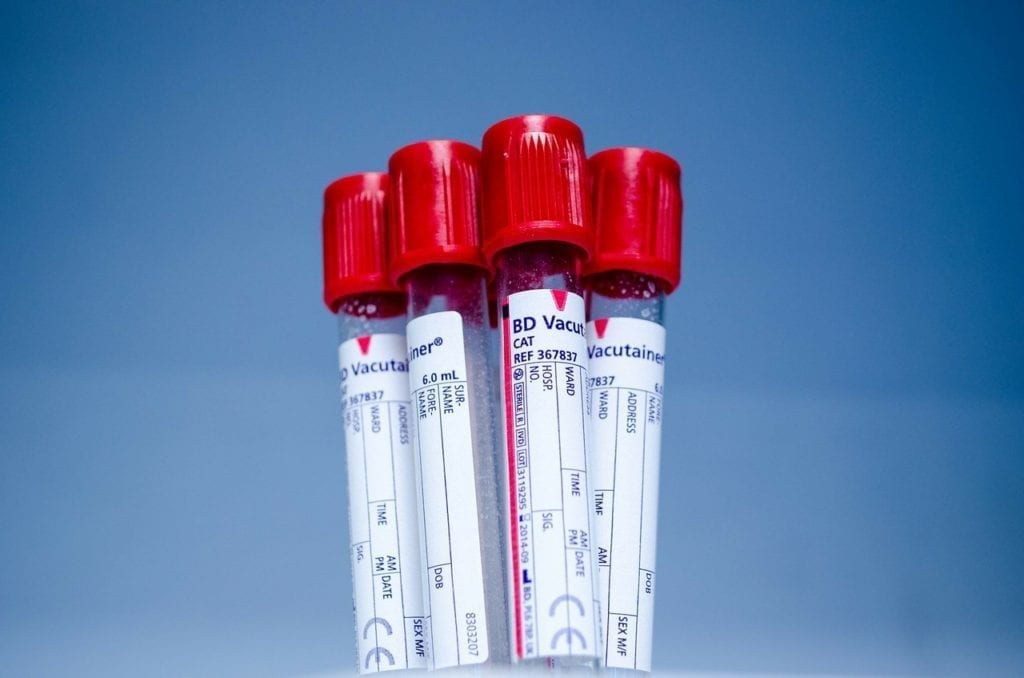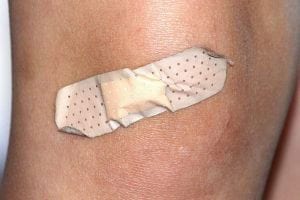In the United States, Orphan Drug designation comes with benefits and incentives such as fee waivers, tax credits, and up to seven years of market exclusivity if/when the drug is approved. These incentives promote drug development in the rare disease and chronic illness space. According to a recent news release from pharmaceutical company Octapharma USA, the FDA recently granted that orphan drug exclusivity (up to seven years) to wilate, a factor VIII replacement therapy, for the treatment of severe von Willebrand disease (VWD).
This orphan drug exclusivity is specifically for wilate as a routine prophylaxis to reduce bleeding episode frequency in people ages 6+. Prophylaxis treatment allows patients to reduce the frequency of bleeding episodes over time rather than just treating on-demand. However, wilate can also be used for on-demand treatment and perioperative bleed management. This improves quality-of-life and reduces the burden of VWD by reducing the amount of doctor visits and hospitalizations.
Outside of VWD, wilate is also approved for the treatment of hemophilia A. If you are living with von Willebrand disease or hemophilia A, consider joining the free Factor My Way program from Octapharma. The Factor My Way program includes:
resources for patients and caregivers, support services for those navigating care, reliable educational materials, and uplifting community connection.
These include a free trial program for factor therapies, a compassionate access program, co-pay and reimbursement assistance, connections with patient and nurse educators, patient education programs, and information about topics like healthy living and treatment management.
What to Know About VWD
First described in 1925, von Willebrand disease is a bleeding disorder that affects an estimated 3.2 million people in the United States. While it occurs in approximately one in every 10 people, many people assigned female at birth (AFAB) may remain undiagnosed; they may show signs of excessively heavy menstrual periods, though doctors may not recognize this as a potential sign. People with VWD have low levels, or absent, von Willebrand factor (VWF), a protein that plays a role in how the blood clots. Normally, VWF carries factor VIII (a blood-clotting factor) in the bloodstream and acts as a glue to hold platelets together. As a result, people with VWD also often have low levels of factor VIII.
When people don’t have enough VWF, they experience symptoms such as:
- Easy bruising with bruises usually raised and larger than an inch
- Frequent and long-lasting nosebleeds
- Abnormal bleeding, such as bleeding from the gums or excessive bleeding after injuries, dental procedures, or surgery
- Bloody stool or urine
- Anemia (low red blood cell count)
- Heavy and long-lasting menstruation
- Joint bleeds causing:
- Increased pain
- Tightness and/or limited movement
- Inflammation and heat at the site of the bleed








